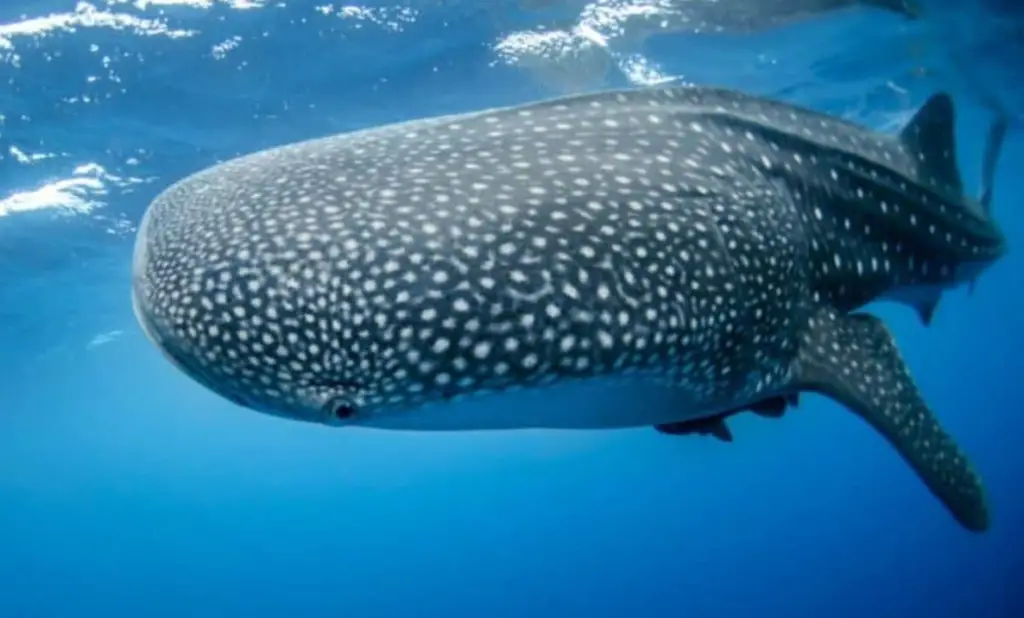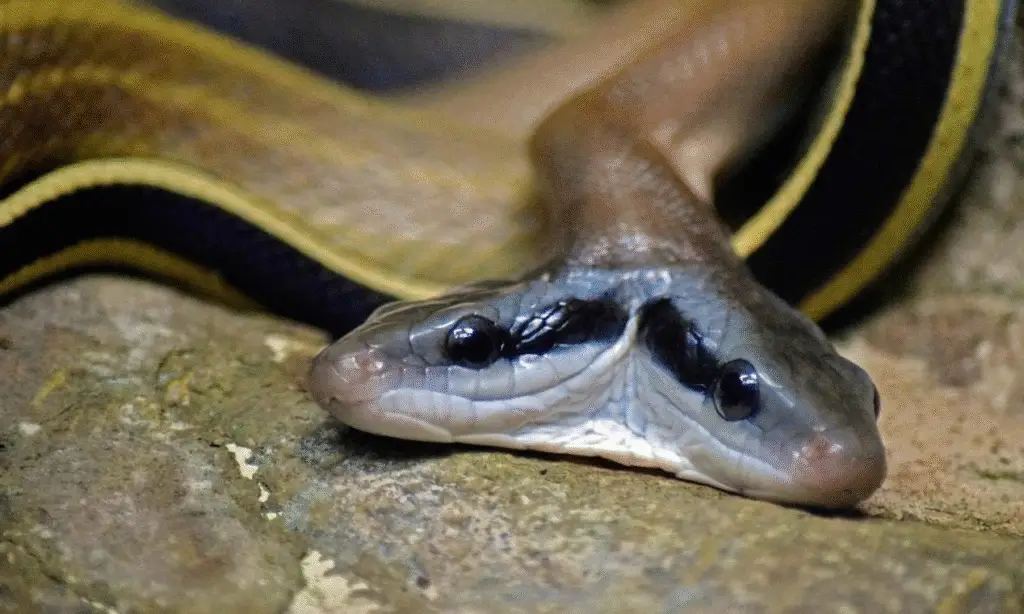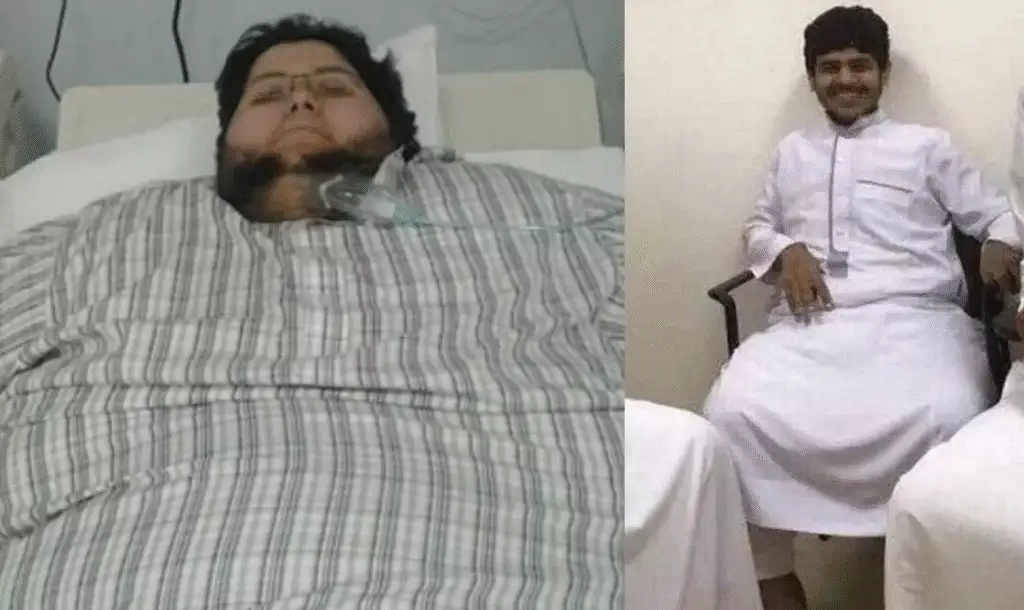World’s Tiniest Baby, Born Weighing Just 7.5 Ounces, Heads Home After 13-Month Hospital Stay

Singapore — Imagine holding a baby as light as a softball or a juicy apple. Now picture that child not just surviving but thriving after more than a year in the hospital.
That’s the extraordinary story of Kwek Yu Xuan, a Singaporean newborn who weighed a mere 212 grams (7.5 ounces) at birth—the smallest ever recorded—and has just left the hospital, defying staggering odds to start life at home with her family.
Yu Xuan, born nearly four months premature in June 2020, was discharged in July 2021 at a hearty 6.3 kilograms (13.9 pounds), Singapore’s National University Hospital (NUH) announced this week.
Her journey, described by doctors as “against the odds,” has rewritten medical history and offered a glimmer of hope during a pandemic that’s tested global resilience.
“A Miracle in a Neonatal Unit”
Let’s put this into perspective: A typical full-term newborn weighs between 6 to 10 pounds.
Yu Xuan, delivered via emergency C-section at just under 25 weeks gestation, tipped the scales at roughly the weight of a block of butter.
To survive, she spent 13 grueling months in NUH’s neonatal intensive care unit (NICU), relying on ventilators, feeding tubes, and round-the-clock care.

“She was active, cheerful, and responsive during her stay,” the hospital shared, almost as if Yu Xuan knew she had a global audience rooting for her.
Doctors revealed she battled chronic lung disease and pulmonary hypertension—common issues for micro-preemies—but is expected to recover “in time.” Talk about a fighter.
Breaking Records, Defying Science
Before Yu Xuan, the title of “world’s smallest surviving baby” was a moving target.
The University of Iowa’s Tiniest Babies Registry listed a 230-gram (8.1-ounce) girl born in Germany in 2016 as the lightest, while Guinness World Records crowned a 245-gram (8.6-ounce) U.S. baby in 2018.
But Yu Xuan’s 212-gram debut now sets a jaw-dropping benchmark.
Survival at this size is “very uncommon,” according to medical experts. A 2016 study found that babies born before 28 weeks and under 1 kilogram (2.2 pounds) have just a 50-70% survival rate.
Yu Xuan? She was a quarter of that weight. “This was a team effort that embodies the spirit of care and compassion,” said Dr. Zubair Amin, head of NUH’s neonatology department, crediting staff, donors, and community support.
A Family’s Rollercoaster
Yu Xuan’s parents, Kwek Wee Liang and Wong Mei Ling, had originally planned to deliver their second child in Malaysia, where their 4-year-old son lives.
But life had other plans. Wong developed preeclampsia—a dangerous pregnancy complication involving high blood pressure—at 24 weeks and six days, forcing an emergency C-section in Singapore.
“It was a difficult journey,” the couple said in a statement, expressing gratitude to the medical team.
Their daughter’s entire life, from birth to discharge, unfolded under the shadow of COVID-19, making her story, as the hospital put it, “a ray of hope amid turmoil.”
Why Micro-Preemies Are Medical Marvels
Caring for a baby as fragile as Yu Xuan isn’t just about advanced tech—it’s a test of human endurance.
Micro-preemies (born before 28 weeks) often face underdeveloped organs, respiratory failure, and brain bleeds.
Every gram gained is a victory. Yu Xuan’s 13-month NICU stay involved “multiple treatments and machines,” though the hospital hasn’t specified details.
But here’s what we know: Modern neonatology has pushed boundaries, using therapies like surfactant to aid lung development and specialized nutrition to spur growth.
Still, outcomes vary wildly. Some micro-preemies face lifelong disabilities; others, like Yu Xuan, beat expectations.
“She has inspired people around her with her perseverance,” NUH said. It’s hard not to cheer for a kid who’s already a symbol of tenacity.
Pandemic Parallels
There’s something poetic about Yu Xuan’s timeline.
Born as COVID-19 lockdowns gripped the globe, she spent her first year in a sterile NICU while the world outside grappled with masks, vaccines, and loss.
Her discharge coincides with a tentative reopening—a parallel not lost on hospital staff.
“Little Yu Xuan continues to grow, thrive, and beat the odds every day,” NUH posted on Facebook, radiating pride.
What’s Next for the “Little Fighter”?

While Yu Xuan’s homecoming is a milestone, her journey isn’t over.
Chronic lung disease means she’ll need monitoring, and pulmonary hypertension requires careful management.
But her prognosis is optimistic—a testament to Singapore’s healthcare prowess.
Micro-preemie milestones often involve catching up developmentally.
With a reported cheerful demeanor, Yu Xuan seems ready to tackle whatever comes next.
As her parents settle into life with their daughter at home, they’ve got a lifetime of stories to share with her—like how she entered the world smaller than a teddy bear and left it a medical legend.
The Bigger Picture
Yu Xuan’s tale isn’t just feel-good fluff—it’s a case study in modern medicine’s capabilities.
Survival rates for extreme preemies have inched upward, but ethical debates persist.
Should hospitals invest vast resources in such high-risk cases? For Yu Xuan’s family and caregivers, the answer is clear: Every life, no matter how tiny, is worth fighting for.
As global media buzzes with her story, one thing’s certain: This apple-sized baby has already left an indelible mark.
Not bad for someone who’s just learned to smile.
































